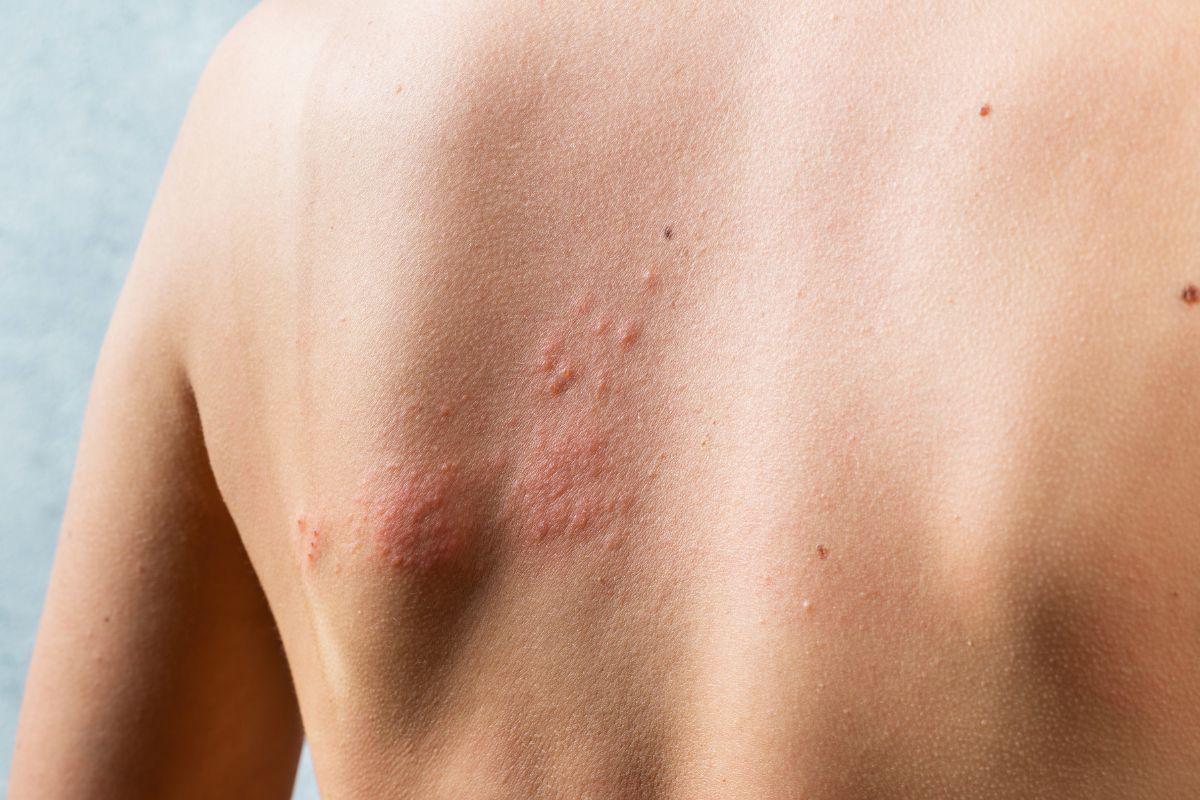Written by Mr Narendra Pisal for Doctify
HPV is relatively common, affecting 1 in 10 women at some stage in their lives and many women live with it without ever knowing they’ve had it as their immune system fights the virus successfully.
But in a small percentage of cases HPV lingers and can go on to cause cervical abnormalities and even cervical cancer. So, is it worth making sure your daughter has the vaccine just in case? Consultant Gynaecologist Mr Narendra Pisal of London Gynaecology tells us all about it and the HPV vaccination programme.
What is HPV?
HPV (Human Papilloma Virus) infection is very common, approximately 75-80% of women, and men, will get it at some stage in their life.
In many cases the immune system does it’s job and rids the body of HPV, often without the person even knowing they had it, but in a very small proportion of cases it can go on to cause cervical abnormalities.
There are over 100 different types of the virus (each type has it’s own number) and out of these, 14 of them are high risk and associated with cervical cancer.
What does the vaccination do?
The HPV vaccination programme currently uses Gardasil-4, protecting against 4 different types of HPV; 6,11,16 and 18, preventing 70% of cervical cancers (and 90% of genital warts).
There is a newer vaccination Gardasil-9, protecting against 9 subtypes of HPV and 90% of all cervical cancers. This is used in our private clinic.
Why vaccinate girls so young?
Vaccinating girls in year 8 might seem young but the vaccination is best carried out before any sexual or skin to skin genital contact. The ability to mount an immune response to vaccination is also better at this age.
What are the side effects?
This is a synthetic vaccine and does not contain the virus. Millions of women have used the vaccine world-wide and the risk of side effects is minimal.
Side effects of Gardasil include:
- headache
- fever
- nausea
- dizziness
Local injection site reactions:
- pain
- swelling
- redness
- itching
- bruising
Syncope, sometimes associated with tonic-clonic movements and other seizure-like activity, has been reported following vaccination with Gardasil and may result in falling with injury. Observation for 15 minutes after administration is recommended. Anaphylaxis has also been reported following vaccination with Gardasil.
It is important to remember that the side effects are uncommon and usually very minor. This should always be balanced against the enormous benefit of 70% (or 90% in case of Gardasil-9) protection against cervical cancer.
How long does it last?
The immunity against HPV is likely to last lifelong as the antibody levels tend to stay quite high for over 10 years.
Does using condoms prevent the spread of HPV?
No, HPV is passed through skin contact as well as sexual contact so using a condom doesn’t prevent the spread of HPV completely. It is still important to practice safe sex using barrier protection as it prevents many of the STIs and pregnancy.
Does my daughter still need a smear test if she has had the vaccination?
Yes, the protection is not 100% and regular screening with smear tests is important. The screening test is changing to HPV test in the near future. If the HPV test is negative, the risk of developing any abnormality is minimal.
Why not vaccinate boys as well?
This is a good concept and will improve protection by providing ‘herd’ immunity. Australian vaccination programme also includes boys and they are seeing the benefit already.
If I choose not to vaccinate, what should I know?
It is OK not to vaccinate, but the smears will be even more important.
I’ve heard about serious side effects and am worried and contemplating not having the vaccine
As discussed above, side effects are very uncommon and nothing to be worried about. Some parents and girls will choose not to have the vaccine and it is a matter of choice. The vaccine is recommended nationally as the benefit far outweighs the risk.
I don’t want to vaccinate, can’t my daughter have regular smear tests to prevent cervical cancer?
Yes, this is fine too. You could always allow her to make up her mind when she is older. However, the vaccine may not be available for her through the NHS at that time.



